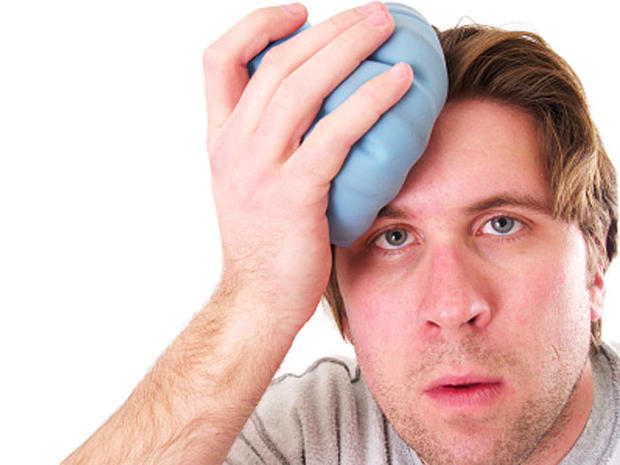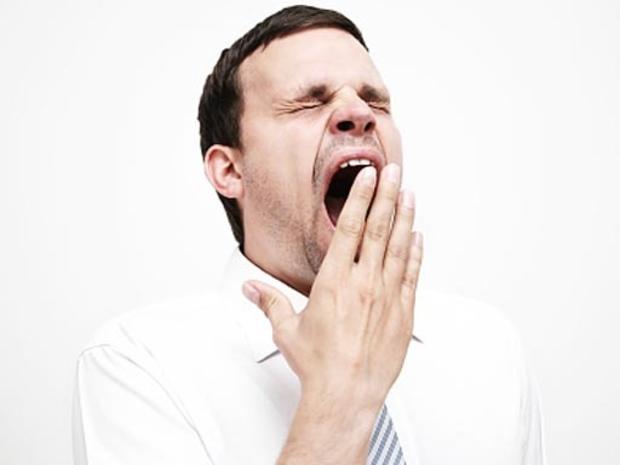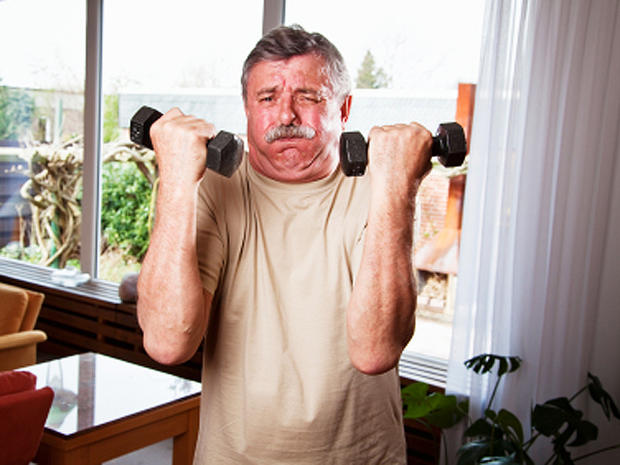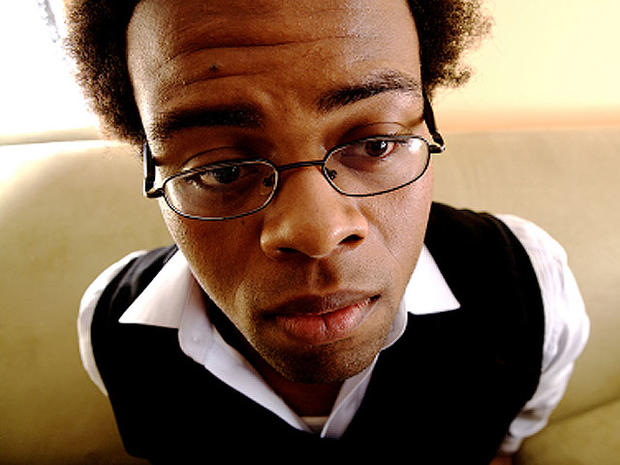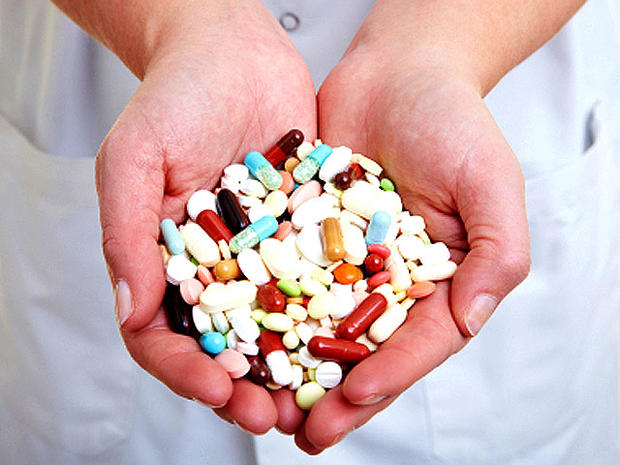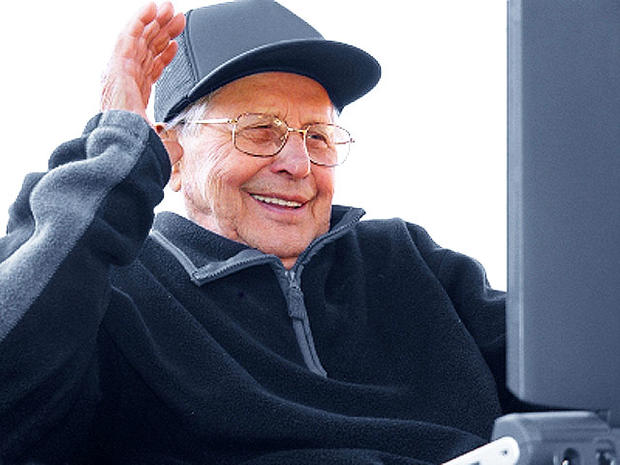Recover the right way: 11 myths about healing
What's the best way to recover from an illness or injury or surgery? Many people seem to offer advice based on what might have worked for them, but according to Dr. Julie Silver, an assistant professor of physical medicine and rehabilitation at Harvard Medical School, and the author of "You Can Heal Yourself," There's a lot of misinformation about what the body really needs to get back to where it once was."
Silver says people can and should be proactive when recovering. "How well you heal may depend on it," she told HealthPop.
With help from Dr. Silver, here are 11 myths about healing - busted.
Recover the right way: 11 myths about healing
Myth: Your body can heal itself
Don't sit around and wait - there are set steps people can take to promote healing and reach their best possible health. Exercise is one of the ways you to help the body heal as well as possible.
"If you don't heal optimally you could wind up living with more pain or emotional distress than is necessary," Silver cautions.
There are hundreds of physiologic reactions that take place in the body during exercise. Exercise encourages collagen synthesis, and collagen helps injured tissues (muscles, bones, tendons, and ligaments) - especially important after surgery or trauma. Exercise decreases excessive scar tissue called fibrosis; in one study, fibrosis was diminished by 50 percent with exercise. Other research shows that because exercise increases cortisol levels and accelerates blood flow, it enhances immune function, and that speeds up wound healing.
Recover the right way: 11 myths about healing
Myth: The quicker you heal, the better
"Healing takes time and patience," says Dr. Silver. Taking it slow and steady can actually work in your favor. How? You'll avoid unnecessary injury from pushing your body to do something it is not strong enough to do. Taking your time also frees you up to introduce healthy lifestyle changes you can stick to for years to come.
"Healing is an investment in the future, so take your time," Silver says. "Recognize and celebrate your progress to see how far you've come."
Recover the right way: 11 myths about healing
Myth: Feeling fatigued? Your body needs rest
Not necessarily. We know that exercise has many profound and wonderful benefits when it comes to recovery compared with sitting around, but consider ways to exercise that facilitate healing without causing excessive fatigue.
Running around doing errands and chores will likely make you feel fatigued without giving you a lot of healing benefit, but a formal therapeutic exercise program will provide you with better results in less time. Opt out of certain activities and focus on the types of exercise that will help you heal.
Recover the right way: 11 myths about healing
Myth: You're not healing without breaking a sweat
Recover the right way: 11 myths about healing
Myth: Be vigilant about your healing plan
Less-vigilant folks who don't exercise regularly, become depressed during recovery, or like to eat dessert can still heal. Deciding to adopt healing strategies is forward movement in your journey. If you don't meet one or more of your goals, take time to analyze why, and make adjustments to your plan. There isn't one right path to healing.
Recover the right way: 11 myths about healing
Myth: Setbacks show you're doing something wrong
Recover the right way: 11 myths about healing
Myth: Vitamin supplements and antioxidants aid healing
Turning to antioxidants like acai berry supplements to boost healing? Taking too many antioxidants can actually cause "oxidative stress," which suppresses your immune system. "In general, taking a lot of supplements isn't a good idea" Silver says, because you may get more than your body needs.
For example, a supplement may contain harmful ingredients or it may interact with prescription meds, rendering them less effective. The best way to ensure your body gets the nutrients it needs for effective healing is to eat a healthy and varied diet. But some vitamin supplements can be beneficial: A vitamin D-deficiency could impede healing, so check with a doctor.
Recover the right way: 11 myths about healing
Myth: Don't take painkillers unless you absolutely need to
Recover the right way: 11 myths about healing
Myth: Stay positive - negative thoughts hinder healing
Recover the right way: 11 myths about healing
Myth: Drinking a little alcohol is a great way to relax and get to sleep
While it may relax you at first, alcohol is a depressant that may negatively affect mood. Sleep expert Dr. Lawrence Epstein of Brigham and Women's Hospital in Boston wrote in his book, "Alcohol's sedative effect may make you fall asleep faster, but it has a harmful effect on sleep quality that far outweighs this benefit." An occasional drink or two is unlikely to do harm but isn't ideal for healing. For one, alcohol is toxic to the nerves - and studies show it reduces immune system function.
Recover the right way: 11 myths about healing
Myth: Accept a "new normal" after a serious illness or injury
Many doctors advise accepting a "new normal" but that can be counterproductive. "I caution my patients not to accept a "new normal" too soon," Silver says. "Don't underestimate your ability to heal!"
No matter what problems you are facing, you can heal as well as possible - physically and emotionally. Don't focus on a cure, but on helping your mind and body to become as strong as possible. Healing is not always about curing yourself, but rather about living the best life you can despite certain health circumstances that may be out of your control.
